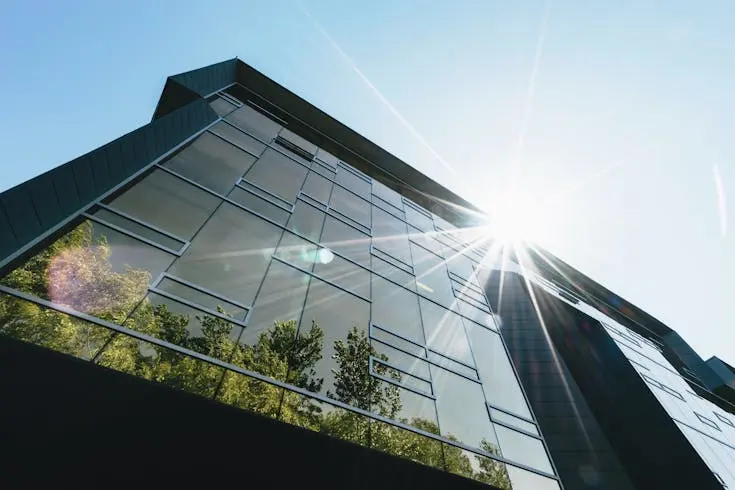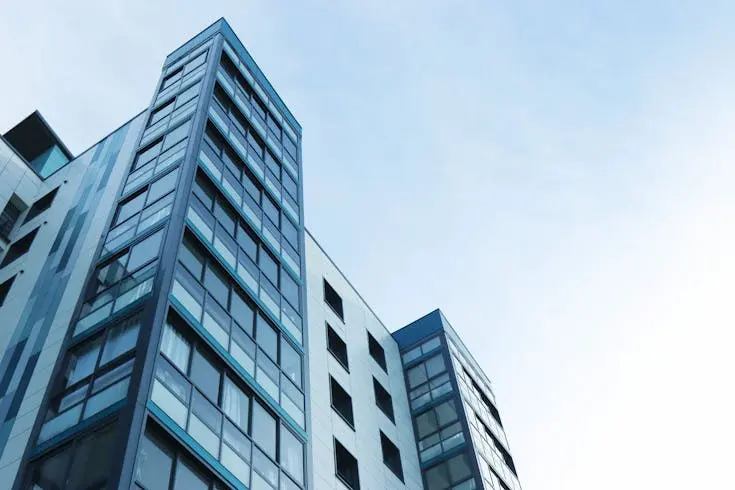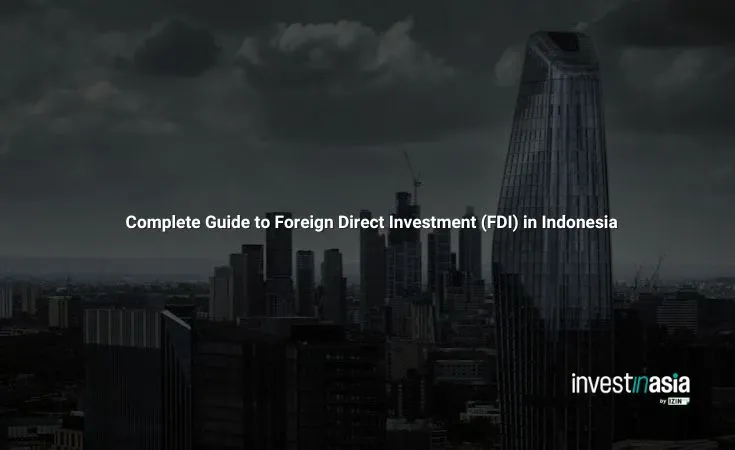Foreign Direct Investment (FDI), locally called Penanaman Modal Asing (PMA), is a cornerstone of Indonesia’s economic growth. It allows foreign investors to establish businesses, tap into Southeast Asia’s largest economy, and benefit from incentives. Success, however, depends on understanding Indonesia’s legal framework, capital rules, and sectoral restrictions.
Indonesia’s FDI Definition and Legal Framework


Under Investment Law No. 25 of 2007, FDI is defined as direct capital participation where investors bear the business risk. Supporting regulations such as Presidential Regulation No. 10 of 2021 (Positive Investment List) and the OSS-RBA licensing system guide the process. The BKPM oversees approvals, while the Ministry of Law and Human Rights ratifies company status.
Also read: Legal Basis for Foreign Investment in Indonesia
Investment Structure: PT PMA
The standard vehicle for foreign investment is a PT PMA (Foreign-Owned Limited Liability Company).
- Capital Requirements: Minimum IDR 10 billion per KBLI business field.
- Corporate Structure: At least two shareholders, one resident director, and one commissioner are required.
- Business Scope: Activities must align with KBLI and comply with the Positive Investment List.
A PT PMA allows full commercial operations, making it the preferred choice for investors seeking long-term growth.
Also read: What Fields Can a PMA Company Operate in Indonesia?
Alternative: Representative Office (KPPA)
Foreign firms not ready for a full PT PMA can establish a Representative Office (KPPA).
- Non-commercial: Cannot sign contracts or earn revenue.
- No capital requirement: Unlike PT PMA’s IDR 10 billion threshold.
- Limited scope: Market research, promotion, and liaison.
Many companies use KPPA as a low-risk entry strategy before upgrading to a PT PMA.
Also read: Business Activities Allowed for Foreign Representative Offices in Indonesia
Sectoral Rules and Opportunities
Indonesia’s Positive Investment List classifies industries as:
- Fully Open: Renewable energy, EV manufacturing, digital healthcare.
- Restricted: Domestic shipping (49% max), courier services (49% max).
- Prohibited: Gambling, narcotics, endangered species trade.
In 2025, priority sectors include infrastructure, digital economy, metals, pharmaceuticals, and logistics.
Also read: Top Foreign Investment Sectors in Indonesia and Top Foreign Investors in Indonesia (by Country and Continent)
Investment Incentives
The government provides attractive incentives:
- Tax Holiday: Up to 100% corporate tax exemption for 5–20 years depending on scale.
- Tax Allowances & Deductions: R&D, training, machinery imports, and depreciation benefits.
- Special Economic Zones (SEZs): Reduced duties and simplified licensing.
Also read: Indonesia Investment Incentives: Government Support for Foreign Businesses
FDI Registration Process


All investments go through the OSS-RBA system, which categorizes businesses by risk:
- Document preparation and company name reservation.
- Legal ratification by the Ministry of Law and Human Rights.
- Business licensing and NIB issuance.
A PT PMA usually takes 2–4 weeks to establish.
Current Investment Climate
Q1 2025 data shows strong growth:
- Total investment: IDR 465.2 trillion (up 15.9% YoY).
- FDI portion: IDR 230.4 trillion (49.5% of total).
- Top sources: Singapore, Hong Kong, China, Malaysia, Japan.
This reflects strong investor confidence despite global economic headwinds.
Challenges and Considerations
Investors must manage:
- Complex compliance: Sector-specific permits, reporting to BKPM, tax filings.
- Capital thresholds: High entry requirements exclude smaller investors.
- Market risks: Bureaucracy, currency fluctuations, and regional disparities.
Working with experienced consultants helps overcome these hurdles.
Also read: 10 Challenges of Doing Business in Indonesia
Why Indonesia Is Attractive for Foreign Investors
Here are some reasons why Indonesia is attractive for foreign investment:
- Over 280 million consumers and a growing middle class.
- Abundant natural resources like nickel and coal.
- Policy reforms under the Omnibus Law and Job Creation Law.
- Infrastructure expansion and the new capital city (IKN) offering fresh opportunities.
Also read: Why Indonesia Remains an Attractive Foreign Investment Destination
FDI in Indonesia is rewarding but complex. Navigating OSS-RBA, structuring a PT PMA, or setting up a KPPA requires precision. Tax compliance is equally critical to secure incentives and avoid penalties.
This is where InvestinAsia helps. With expertise in:
InvestinAsia ensures investors enter the Indonesian market smoothly, stay compliant, and maximize opportunities.
You can also enjoy special package prices for PT PMA and KITAS services.
Ready to start your business and investment in Indonesia? Chat with us now for FREE consultation!
FAQs
What is the minimum capital for FDI in Indonesia?
A PT PMA requires at least IDR 10 billion investment per KBLI field, with IDR 2.5 billion paid up.
Can a representative office earn revenue?
No. A KPPA can only conduct non-commercial activities like research and liaison.
How quickly can a PT PMA be registered?
Typically 1–3 months, though in Jakarta it can be completed in about 2-4 weeks.
What sectors are fully open to foreign investment?
Renewable energy, digital healthcare, EV manufacturing, and eco-tourism are among the open sectors.
Does Indonesia offer tax holidays?
Yes. Up to 100% corporate tax exemption for up to 20 years in pioneer industries.




